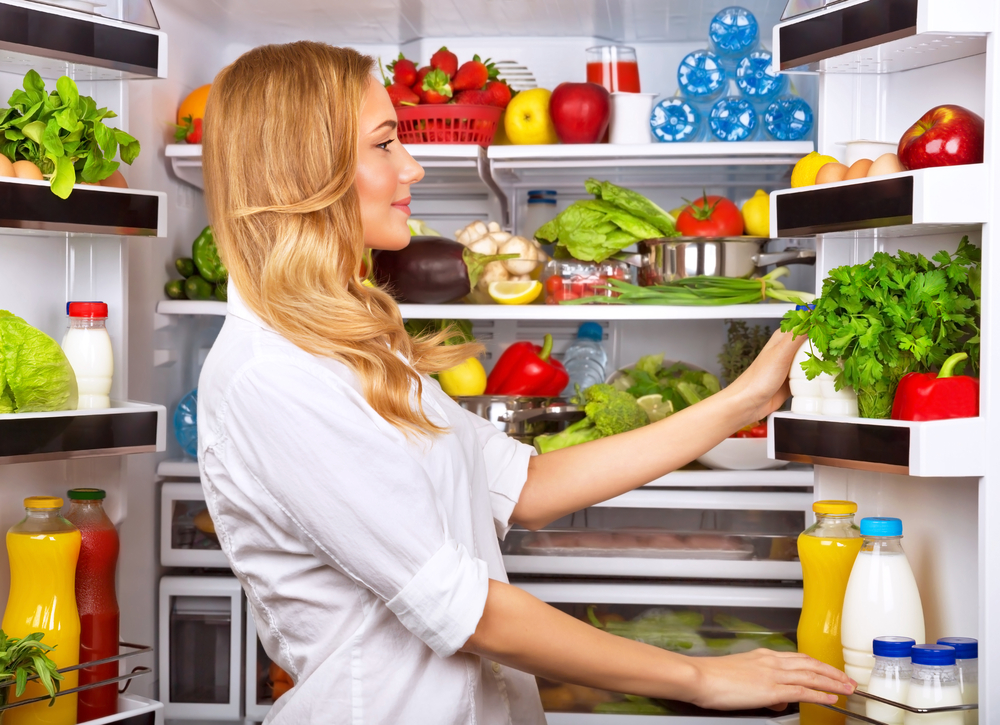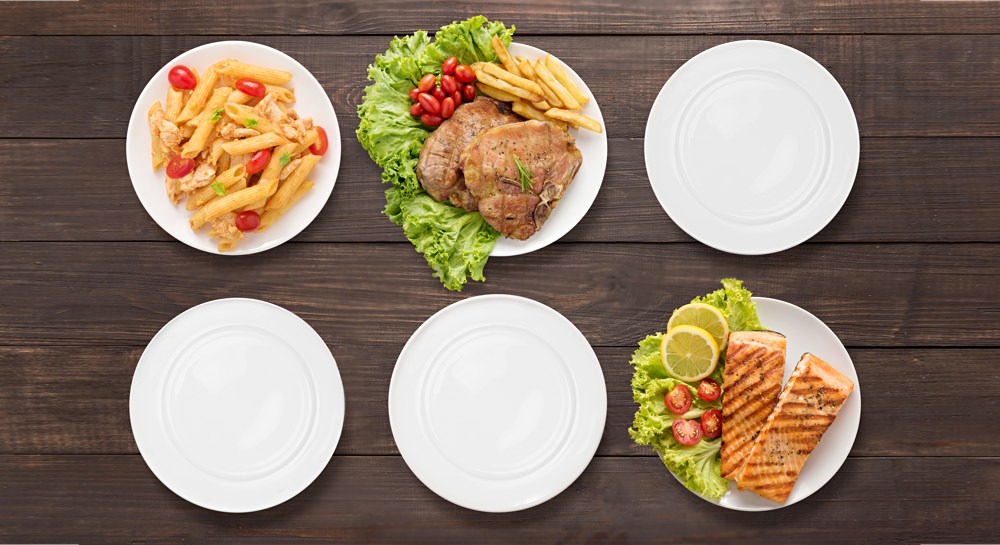Vegetarian Diet: 5 Tips On How To Get The Best Nutrition
Different types of vegetarian diets are popular. Reasons for following a vegetarian diet can vary widely, but they also include powerful health benefits, such as lowering your risk of heart disease and diabetes:
At the same time, some people switching to a vegetarian diet may consume too much of processed foods that are high in sugar, sodium, and fat. Planning your diet is important when we are talking about essential nutrients. Some vegetarians can miss out on iron or calcium if they don’t pay attention to what they eat.
Here are five tips to keep in mind before following the vegetarian diet.
Eat enough different fruits and vegetables
Nutritionists recommend eating at least five portions of fresh, canned, or
frozen vegetables and fruits per day. These foods also provide fiber that can improve your digestive health and prevent constipation.
Find new protein sources

Vegan dietitians say that every meal should contain protein. Your body uses proteins as building blocks: these substances break down into amino acids that are responsible for healthy bones, muscles, and skin. Dairy are good sources, but if you don’t eat them, add plant products such as beans, peas, legumes, whole grains, and soy products into your diet. Seeds and nuts are also a great source of protein and essential nutrients.
Make sure that you get enough vitamin B12
Vitamin B12 is essential to produce red blood cells and prevent anemia. It also keeps your nerves healthy, so its deficiency can cause tiredness, weakness, nerve problems, and depression. Vitamin B12 is found only in animal products. If you eat dairy products, you probably get enough. However, if you avoid all animal products, consider vitamin supplements, fortified soy products or vitamin-enriched cereals.
Make sure that you get enough calcium and vitamin D
Calcium helps keep your bones and teeth strong. Dairy products contain high levels of calcium. However, you may try dark green vegetables, such as collard greens, kale, and broccoli. They are good sources of calcium if eaten in sufficient amounts. Vitamin D also plays a huge role in your body. This vitamin is added to cow’s milk, some brands of soy milk, and some cereals. Read food labels to be sure. If you don’t eat enough foods with vitamin D and get limited sun exposure, you should think about a vitamin D supplement.
Get enough iron

Iron is an important component of red blood cells. Good iron sources include legumes, sunflower seeds, raisins, and leafy greens. But it is more difficult for your body to absorb iron from plant sources. Foods rich in vitamin C (for example, citrus, broccoli, and red peppers) help iron absorb, so try to eat them at the same time as iron-containing products.
Visit your doctor for a blood test to find out if you need up your intake of certain vitamins or minerals.
Being vegetarian during pregnancy

During pregnancy and when breastfeeding, women who follow vegetarian diets need to make sure they consume enough nutrients and vitamins for their baby to develop healthily. Consult with your doctor to get more information and plan a balanced diet.
Source: Fabiosa
“Vegetarian Diet: 5 Tips On How To Get The Best Nutrition”


